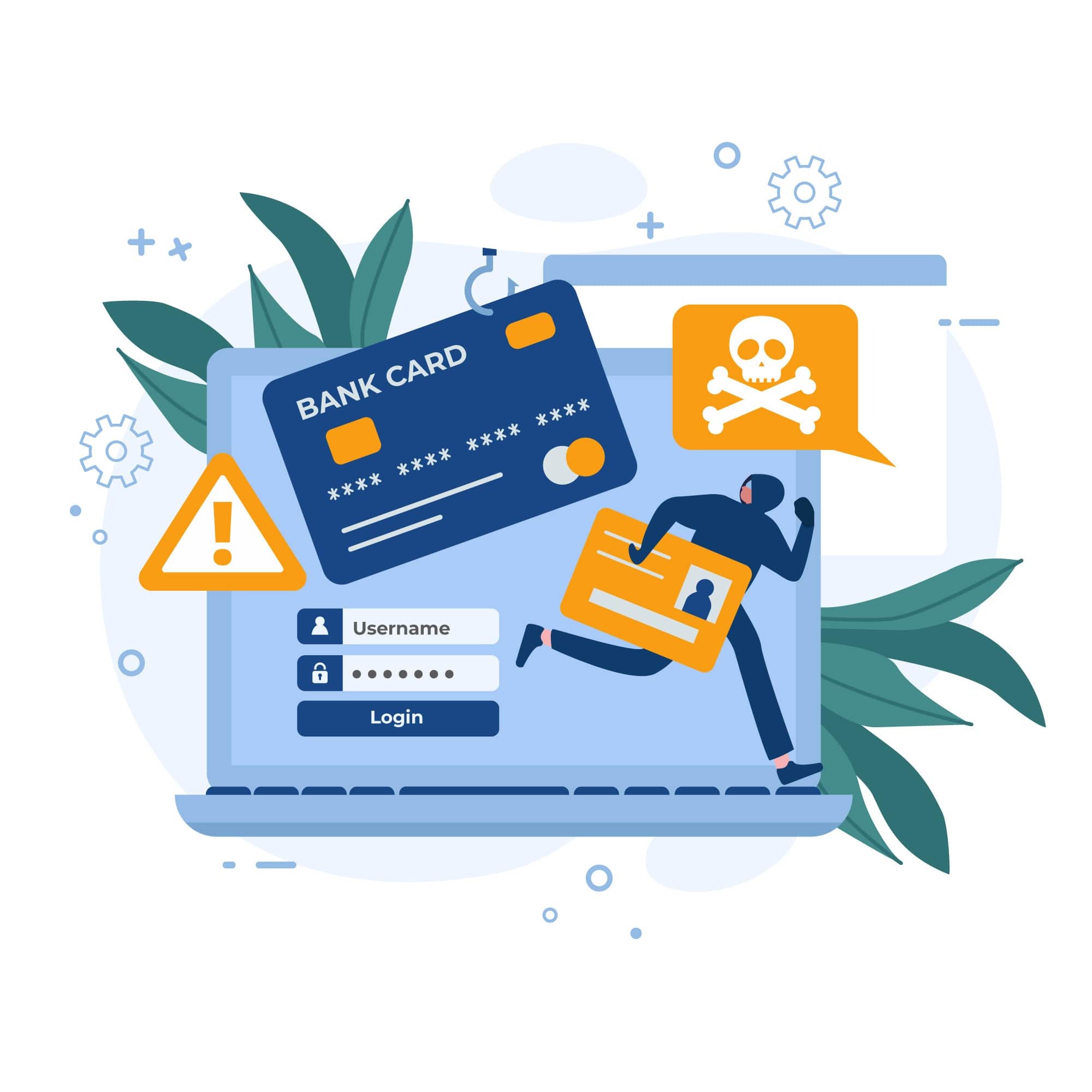
These 3 Automated Cybersecurity Tools Will Save You Time and Money
As cyberattacks become increasingly automated, website owners must come to the realization that it might be time to fight fire with fire. Manual detection and removal is becoming increasingly unrealistic — even with the most highly skilled team of cybersecurity specialists at your disposal.
Implementing automated cybersecurity tools is the best way to not only prevent cybersecurity attacks but also reduce the time it takes to identify and contain successful ones — which is a major determinant of the overall cost of a cyberattack. Downtime from a cyberattack can cost small businesses as much as $427 per minute. Automated cybersecurity tools can notify you of an attack as soon as it occurs so you can spring into action.
What Does Automation in Cybersecurity Mean?
Cybersecurity automation offers a huge advantage to companies of all sizes, and it protects websites on multiple fronts. For example, automated scanning and monitoring of e-commerce website traffic can help secure shoppers’ credit card information. Blocking unwanted traffic, such as bad bots, helps prevent website files from becoming infected — thus protecting the personal information of your website visitors.
When automated, cybersecurity becomes much more efficient, saving you time and money. This is especially true for businesses that host their sites on open-source content management systems, such as WordPress. Automated website security scanning can routinely scan for malware embedded in plug-ins, themes, and outdated applications.
However, just like any piece of technology, automated cybersecurity tools require regular maintenance in order to remain effective when monitoring and scanning for threats. Even the machine learning that powers these automated tools must be updated, patched, and monitored. Therefore, it’s important to be aware of how often your security vendor updates its security signatures. It will only be effective if it’s searching for the latest malware signatures.
The Most Important Automated Cybersecurity Tools
Here are three of the most important automated cybersecurity tools to consider:
1. Automated website scanning: The fastest, most effective way to find malware and other known security vulnerabilities is to implement a solution that will automatically scan your website every day. Typically, these scans take mere minutes, whereas a developer may take a few hours or even days to manually review your website’s files.
2. Automated traffic monitoring: The goal of automatically monitoring website traffic is to ultimately block malicious bots and bad actors from infiltrating the site. A cloud-based web application firewall is a solution that automatically blocks unwanted traffic and provides detailed reports on all incoming traffic. The more traffic you attract to your website, the more vital it will be to ensure that traffic is legitimate.
3. Automated malware removal: Manually removing malware can be a tedious and time-consuming task, but an automated tool can remove malware as soon as it’s detected. Not only will automation save you loads of time and resources, but it also removes human error from the equation, meaning lingering malware won’t be able to sneak through the cracks.
Most cybercriminals are already taking advantage of automation to deploy high-stakes attacks on websites — and to do so more frequently. To protect your website, look for a comprehensive security solution that meets your business’s needs and includes automated scans to patch, protect, and remove malware as soon as possible.
Monique Becenti is a product and channel marketing specialist at SiteLock, a cloud-based website security provider currently protecting more than 12 million websites globally. Monique is passionate about improving the customer experience for all. SiteLock’s combination of dedicated research and developmental efforts, aggressive product road maps, and access to a massive global data set make the company a leading innovator in web security.





